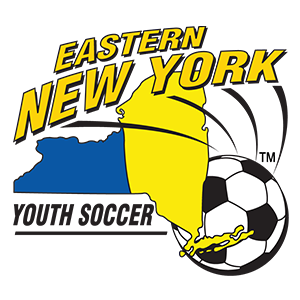By Tim Bradbury, Director of Coaching, Eastern New York Youth Soccer  Association
Association
There was a time when only travel teams ages 12 and up would employ a trainer. Those days are long gone and now clubs and teams use trainers from the age of five and up. (I refused to write three as by doing so I somehow legitimize the idea.)
There are thousands of “professional” trainers available in New York today. They come from different backgrounds in the game and with different qualifications available to reinforce their professional status and therefore, the salary they demand.
Before we move on, there is a need to define the term “professional trainer” many pretend to be yet few are. I believe to have the title of “professional trainer” the following must be true:

